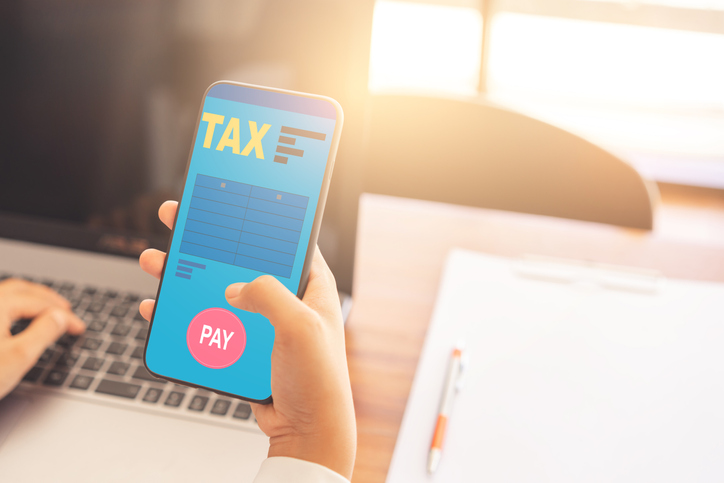A recently published study by Scott Mackey and Ulrik Boesen at the Tax Foundation, details how competition has driven the cost of wireless phone plans down over the last decade but government taxes on those same plans has increased significantly.
The study shows that since 2008, average monthly wireless service bills per subscriber have dropped by 26 percent, from $50 per line to about $37 per line. However, wireless taxes have increased by 50 percent, from 15.1 percent to 22.6 percent of the average bill.
In 2020, taxes and fees increased again by almost 1% and now the average 4-line wireless household is paying about $270 per year. Competition between carriers has forced price reductions in the service cost and this has offset the increases in taxes and fees.
Washington state ranks third highest in the nation in wireless taxes and fees at 19.83%. Combined with the federal tax rate of 9.83%, the total tax on wireless bills is 29.66%.
Washingtonians pay a state and county 911 service fee that goes toward maintenance and operation of the state’s and counties’ emergency services communications system, but they also pay a variety of other telecommunications taxes imposed either by the state, county, city, or all three (in addition to the federal government).
Not all wireless subscribers are subject to all the taxes and fees listed below, but a common tax burden is made up of:
Federal USF + State E911 tax + County E911 tax + State telecom sales tax + Local utility tax + City telecom sales tax + Regulatory cost recovery fee.
Local and state governments often will sneak in small annual increases to utility taxes (wireless is considered a utility) since the fee structure is so complicated. For the average consumer, unravelling which part of the fee increased, since many increases are small, is not worth the effort. Over time, however, the small increases add up to the high wireless taxes Washington consumers are paying.
The wireless tax increases, despite increased use of wireless devices during the pandemic, is particularly troublesome since many consumers only method of communication is a wireless device. For the unemployed, forced out of work due to state mandated layoffs or workers in entry level jobs, every tax increase, no matter how small, has a negative impact to the bottom line.
The Washington state legislature and local taxing municipalities should not consider wireless tax increases when so many Washington consumers are struggling with the impact of COVID-19.
The silver lining is Washington used to rank higher against the other states, but that’s not much consolation when the bill comes due each month.
You can read the entire study here.






